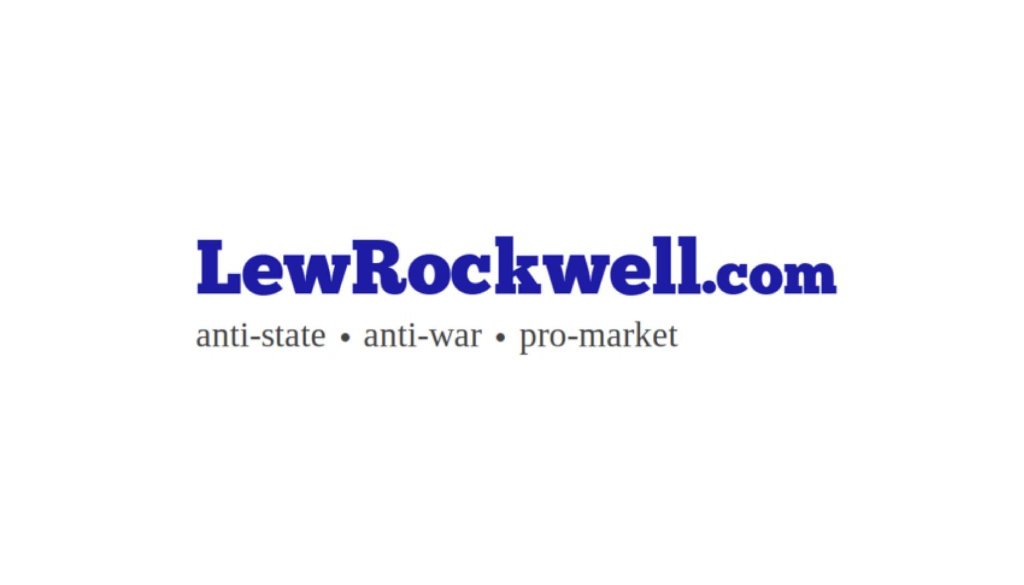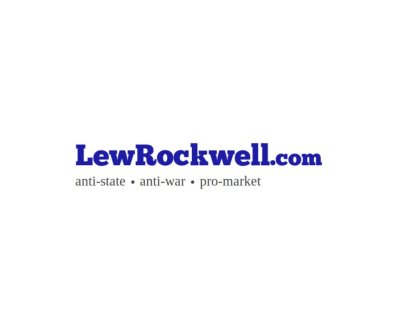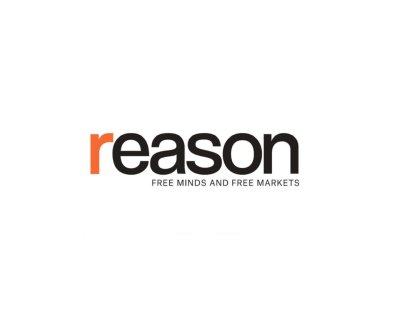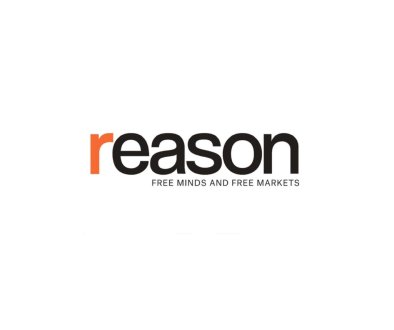Toxic Agribusiness’s Genetically Mutilated Greenwash
In recent years, the global movement toward regenerative and organic agriculture has gained significant momentum. These approaches promise to restore soil health, enhance biodiversity, reduce reliance on synthetic chemicals and create more sustainable and resilient food systems. Rooted in ecological principles and farmer autonomy, these practices have become vital alternatives to the destructive patterns of industrial agriculture, which has long prioritised short-term yields and profit over environmental integrity and public health.
However, despite their promising potential, these movements face a formidable challenge: the encroachment of big agribusiness corporations seeking to co-opt and distort their core principles. Through aggressive marketing and lobbying and strategic rebranding, corporations are attempting to position genetically modified (GM) soil microbes and other biotech biologicals as sustainable or regenerative solutions.
This effort, cloaked in greenwashing rhetoric, aims to maintain corporate dominance, control over agricultural inputs and influence over public perception and policy.
Adding a layer of complexity and concern is the potential targeting of influential advocates such as Robert F Kennedy Jr (RFK Jr), a prominent voice championing organic and regenerative farming. Critics like Claire Robinson of GMWatch warn that these corporations may seek to co-opt RFK Jr and other respected figures to lend legitimacy to biotech products that fundamentally conflict with the principles of true sustainability.
At their core, regenerative and organic agriculture emphasise working with natural systems rather than against them. These approaches prioritise soil health, water conservation and ecological balance by adhering to agroecological principles. Practices such as cover cropping, crop rotation, reduced tillage, composting and integrated pest management aim to rebuild degraded soils, sequester carbon and foster resilient ecosystems.
Organic agriculture, as defined by certification standards, explicitly prohibits synthetic pesticides, fertilisers, GM organisms and artificial additives. It promotes natural nutrient cycles, biodiversity and animal welfare. Both movements are driven by the recognition that sustainable food systems must prioritise ecological integrity, social equity and long-term resilience.
The rise of these movements reflects growing public concern about the health impacts of chemical-laden foods and environmental degradation. The public increasingly demand transparency, sustainability and food sovereignty: the right of communities to culturally appropriate food and to determine their own food production, distribution and consumption practices, rejecting corporate-dominated models
Corporate Greenwashing
Despite the noble principles underpinning regenerative and organic agriculture, the reality is that large agribusiness corporations are actively seeking to co-opt or undermine these movements for their own benefit. Their strategy involves promoting biotech innovations—particularly GM soil microbes and biologicals—as part of a narrative of “sustainable” or “regenerative” solutions.
Genetically engineered soil microbes are marketed as biofertilisers, biopesticides or soil conditioners that can enhance nutrient uptake, improve pest resistance or sequester carbon more effectively. These products are often gene-edited or genetically modified to supposedly outperform native microbes, with claims that they can revolutionise farming practices.
However, these biotech products are fundamentally incompatible with the principles of true regenerative and organic farming. They often rely on proprietary genetic technologies that require farmers to depend on corporate-controlled inputs, perpetuating dependency on chemical and biotech giants. Moreove
Article from LewRockwell

LewRockwell.com is a libertarian website that publishes articles, essays, and blog posts advocating for minimal government, free markets, and individual liberty. The site was founded by Lew Rockwell, an American libertarian political commentator, activist, and former congressional staffer. The website often features content that is critical of mainstream politics, state intervention, and foreign policy, among other topics. It is a platform frequently used to disseminate Austrian economics, a school of economic thought that is popular among some libertarians.




